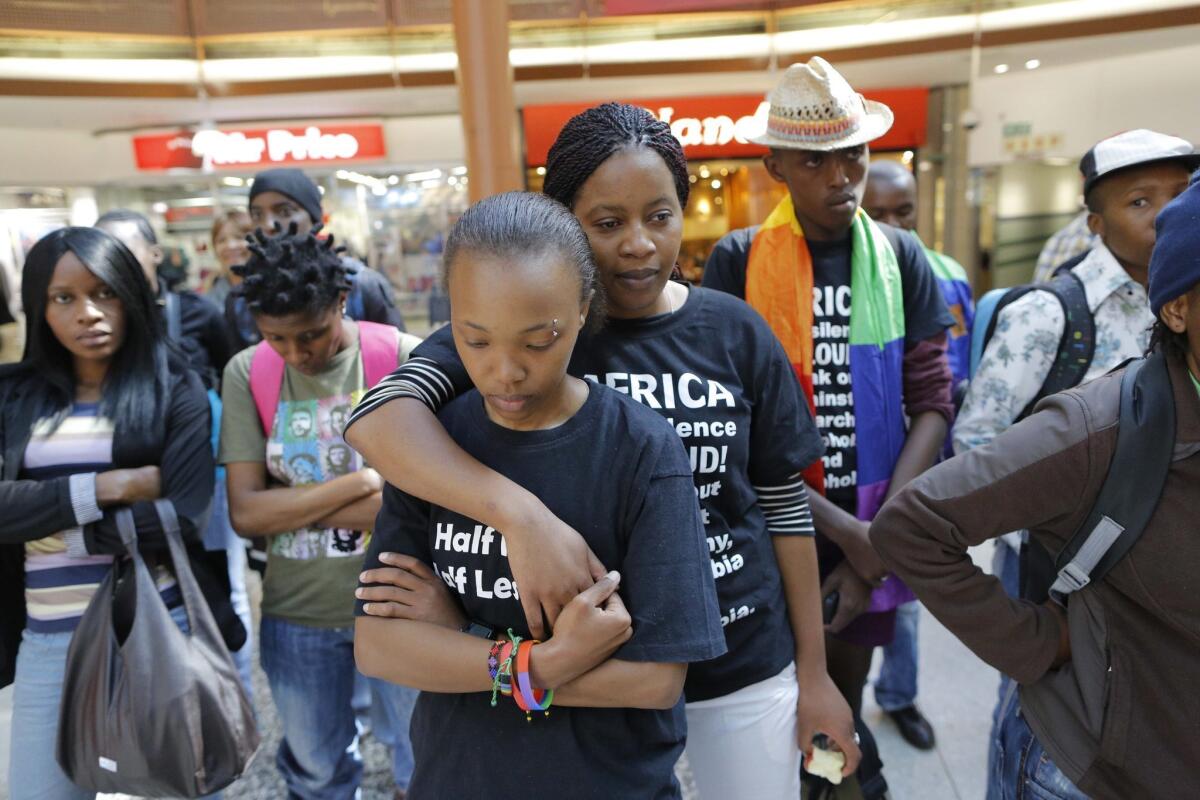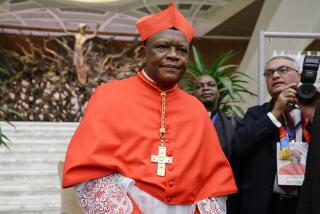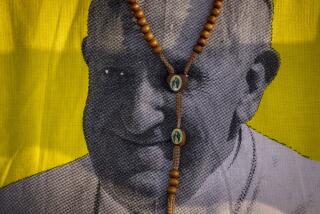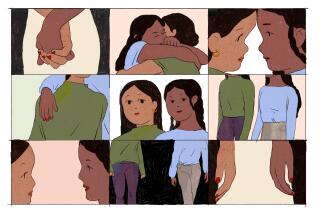An African epidemic of homophobia

ACCRA, Ghana â On Thursday, my students and I visited a high school here in Ghana. When the headmistress told us that her students were âlosing their cultureâ and âbecoming too Western,â we asked for an example. âHomosexuality,â she said. âTo us, it is an abomination. It comes from elsewhere.â
That morning, coincidentally, President Obama was addressing the same issue at a news conference in Senegal. Asked about the U.S. Supreme Courtâs recent decisions in support of gay marriage, Obama acknowledged that Africans have âdifferent customsâ and âdifferent traditionsâ about homosexuality. But he went on to insist that gays should have equal rights under the law, no matter where they live.
Bloggers and news commentators across Africa reacted angrily to Obamaâs remarks, insisting that homosexuality and gay rights are Western imports. But theyâre wrong. And if you think otherwise, Iâve got two words for you: Nelson Mandela.
VIDEO: While in Senegal, President Obama addressed gay rights
Nobody on the continent has held more moral authority than Mandela, the first post-apartheid president of South Africa. From the beginning, Mandela spoke out for gay rights in South Africa, the only African country with a constitution protecting homosexuals from discrimination.
Shortly after becoming president, Mandela appointed an openly gay judge to South Africaâs High Court of Appeal. Other prominent gay rights supporters include Archbishop Desmond Tutu and Mandelaâs successor, Thabo Mbeki. According to Mbeki, the struggle against apartheid, which had banned interracial sex, made South Africaâs new leaders reluctant to raid peopleâs bedrooms.
The South African examples speak loud and clear: Gay rights are human rights, not Western ones, so everyone is enjoined to respect them.
VIDEO: A growing hunger - drought and conflict leave parts of Africa in misery
Too bad other African countries donât. In Senegal, for example, gay sex is punishable by up to eight years in prison; and in Tanzania, the final destination of Obamaâs trip, it carries a sentence of 30 years to life.
Here in Ghana, meanwhile, a 2003 law makes âunnatural carnal knowledgeâ punishable by five to 25 years in jail. The issue flared in February after reports circulated that American author Andrew Solomon, who is gay, had given large campaign donations to Ghanaian President John Dramani Mahama to push âhomosexualismâ and âthe gay rights agendaâ here.
Solomon had an endorsement blurb for Mahamaâs new memoir, but the rest of the tale was pure fiction. Nevertheless, Mahama was forced to make a statement confirming that he supports the continued criminalization of homosexuality.
In nearby Nigeria, meanwhile, legislators recently approved a bill calling for a 10-year sentence for any public show of affection by a same-sex couple. And the rationale is the same: Homosexuality comes from the West, and Africans need to keep it out.
Never mind the long history of same-sex love in Africa, which was widely practiced and accepted on the continent for thousands of years. Homosexuality wasnât banned until the age of colonization, when European powers and missionaries brought anti-gay attitudes and laws to Africa.
After World War II, when African countries began to win their independence, many European and Western societies decriminalized gay sex. But the new African nations stepped up their campaigns against it, reinforcing one of the worst colonial legacies.
And thatâs the sad historical irony here. To many Africans, homosexuality and gay rights come from the West. But the Westâs truly awful gift to the continent was homophobia, which the Africans then adopted as their own.
âPrez Obama I love you and all,â one Ghanaian blogger wrote last week, after Obamaâs comments in Senegal, âbut donât force Americaâs wayward behavior on Africa. We may be poor and not developed, but at least we have our customs and traditions.â
But nobody is âforcingâ homosexuality on Africa, where it has existed for much longer than many Africans want to admit. Customs and traditions banning gay love are more recent. And as Mandela understood, they can be changed. Letâs hope that other Africans find the courage to follow his example.
Jonathan Zimmerman, a professor of education and history at New York University, is teaching in NYUâs study abroad program in Ghana this summer. He is the author of âSmall Wonder: The Little Red Schoolhouse in History and Memory.â
More to Read
A cure for the common opinion
Get thought-provoking perspectives with our weekly newsletter.
You may occasionally receive promotional content from the Los Angeles Times.







